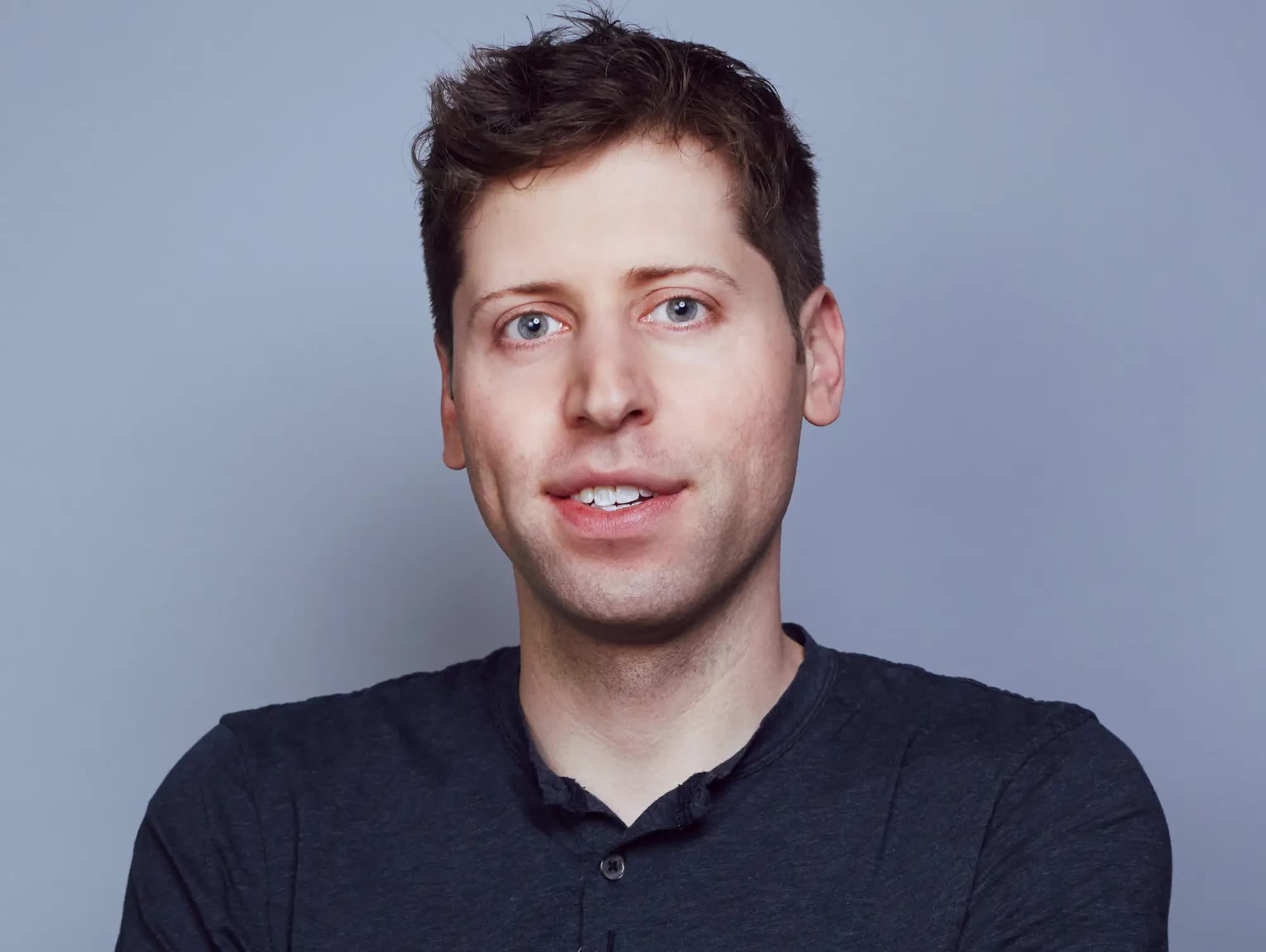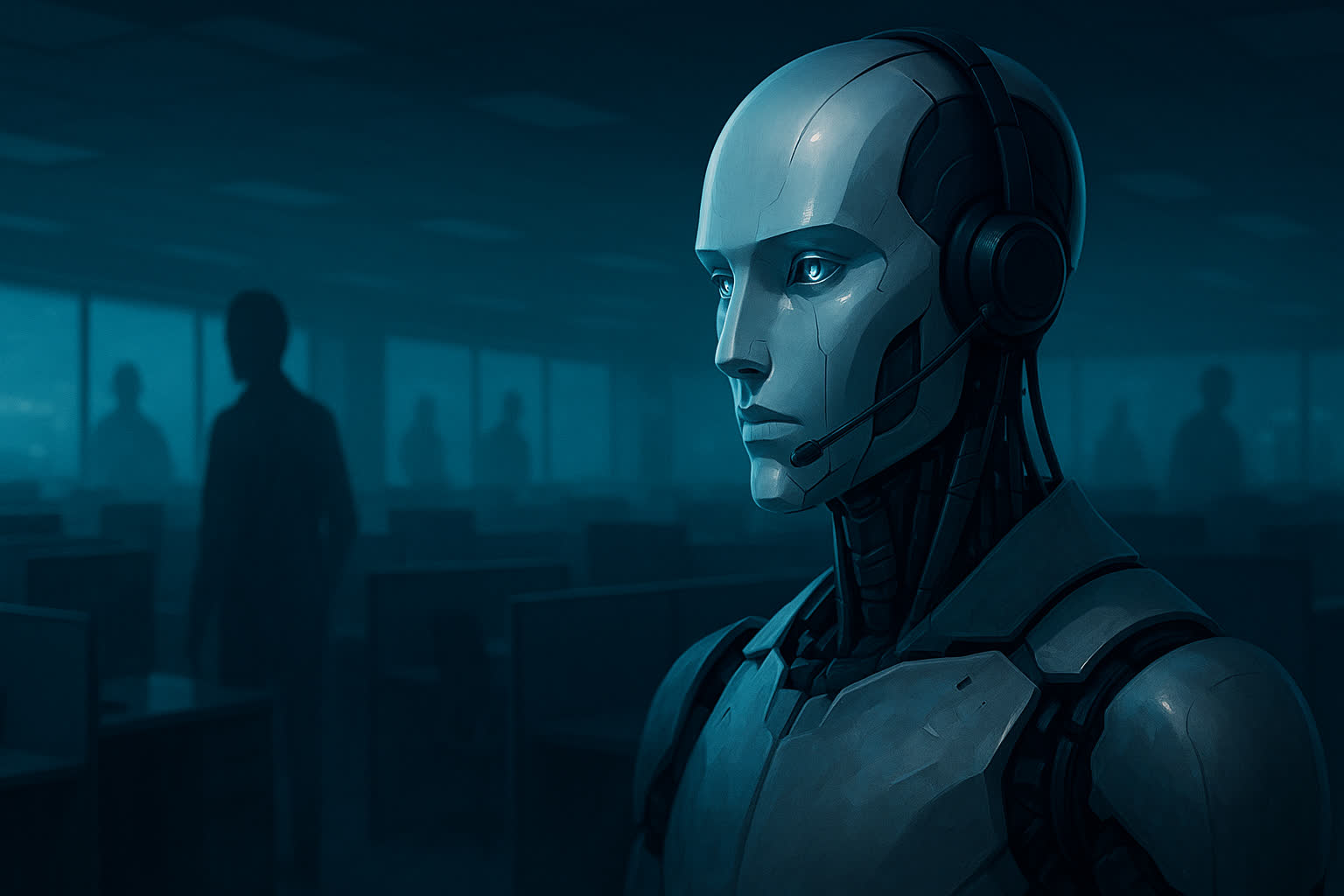Big quote: We've heard plenty of warnings from CEOs about how generative AI will wipe out swathes of jobs, but these predictions are even more ominous when they come from Sam Altman. The OpenAI CEO said during his trip to Washington that the technology could erase entire job categories, with customer support roles the most at risk.

Speaking at the Capital Framework for Large Banks conference at the Federal Reserve Board of Governors, Altman addressed one of the most hotly debated issues around generative AI: its impact on jobs.
Altman said that while "no one knows what happens next," he does believe that "Some areas, again, I think just like totally, totally gone," replaced by AI agents.
Altman highlighted customer support roles as the job category most at risk. "That's a category where I just say, you know what, when you call customer support, you're on target and AI, and that's fine."
"As an unfeeling machine, your abuse is meaningless to me"
Altman said that AI agents are already transforming the customer service industry, making people's jobs obsolete in the process. He told Michelle Bowman, Federal Reserve vice-chair for supervision, that "it's like a super-smart, capable person. There's no phone tree, there's no transfers. It can do everything that any customer support agent at that company could do. It does not make mistakes. It's very quick. You call once, the thing just happens. It's done."
Altman might be confident in AI's ability to replace humans in customer service roles, but the reality is that they've still got a long way to go. Pay later/shopping service Klarna, which has been using AI chatbots to handle two-thirds of its customer service conversations, recently started hiring humans again. CEO Sebastian Siemiatkowski said that while chatbots were cheaper than employing real people, they offered a "lower quality" output. He also wants customers to have the option to speak to a human.
It's not just customer service workers threatened by AI. Altman said it can perform jobs even better than top professionals such as doctors. The CEO did admit, however, that even he would not want to take humans out of the equation completely when it comes to healthcare.
"ChatGPT today, by the way, most of the time, can give you better – it's like, a better diagnostician than most doctors in the world," he said. "Yet people still go to doctors, and I am not, like, maybe I'm a dinosaur here, but I really do not want to, like, entrust my medical fate to ChatGPT with no human doctor in the loop."
Despite his role as head of OpenAI, Altman admitted that he still worries about AI's rapidly advancing ability to cause harm to humanity. One scenario that he says keeps him awake at night is a hostile nation using the technology to attack the US financial system. He also warned that AI's ability to clone voices with such a high degree of accuracy could lead to bigger incidents of fraud and identity theft, especially as some financial institutions accept voiceprints as authentication.
Dario Amodei, boss of OpenAI rival Anthropic, is another CEO who believes AI will eliminate job roles. He said half of all entry-level white-collar positions will be gone within five years. Amazon's Andy Jassy, Ford's Jim Farley, Spotify's Tobi Lütke, Moderna's Stéphane Bancel, and other CEOs have echoed these warnings. But it seems cutting costs and pleasing shareholders are more important than making hundreds of thousands of people unemployed.
Sam Altman warns AI could wipe out entire job categories, customer support roles most at risk

